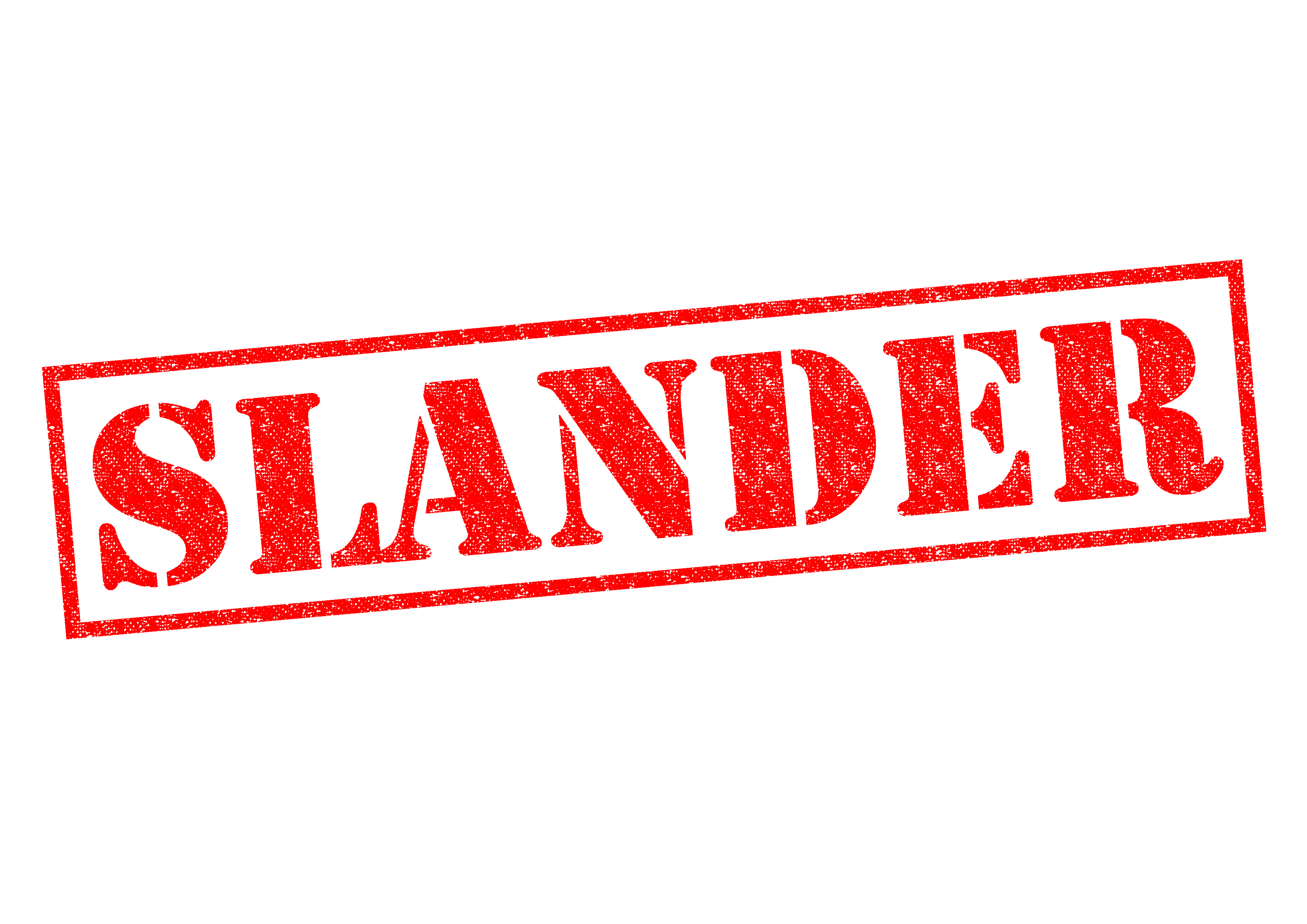
Blog
Partnership Agreements: A Prenuptial Agreement for Business Partners
January 18, 2017
Chapter 727 ABC Proceeding — Lawyer Justin Carlin Prevails on Behalf of Creditor in Case of First Impression
August 31, 2016Earlier this month, the Fourth District Court of Appeal issued an opinion in Pro Finish, Inc. v. Estate of All American Trailer Manufacturers, Inc., — So. 3d —-,2016 WL 4132721 (Fla. 4th DCA 2016). Fort Lauderdale business lawyer Justin Carlin represented the appellant after handling the case at the trial level. The decision is important, because there is little case law on Chapter 727 assignment-for-the-benefit of creditors proceedings (so-called “ABCs”), and the proceedings have been widely used by debtors who don’t qualify for bankruptcy but who seek to evade creditors’ claims.
The opinion issued in the case can be found here. Here’s a portion of the Court’s ruling, which, for the first time in Florida, makes clear that the provisions of Chapter 727 are to be strictly construed and that the failure to adhere to those provisions renders the assignment void:
Chapter 727 “provide[s] a uniform procedure for the administration of insolvent estates, and . . . ensure[s] full reporting to creditors and equal distribution of assets according to priorities as established under [chapter 727].” § 727.101, Fla. Stat. (2013). Section 727.104(1), Florida Statutes, provides the form of the assignment and requires compliance with it. § 727.104(1), Fla. Stat. (2013); see Smith v. Effective Teleservices, Inc., 133 So. 3d 1048, 1050–51 (Fla. 4th DCA 2014). The June 11, 2013 Assignment did substantially follow the required form. “Section 727.104 . . . [also] requires the assignee to record the assignment in the public records as well as to file a petition and bond in the circuit court.” Moecker v. Antoine, 845 So. 2d 904, 910–11 (Fla. 1st DCA 2003). Subsection (2) requires that this be done within ten days after delivery of the assignment to the assignee. § 727.104(2), Fla. Stat.
Here, the record lacks evidence as to when the June 11, 2013 Assignment was recorded. The only record evidence of the June 11, 2013 Assignment is a copy attached to the ABC Proceeding petition. It does not indicate whether or when it was recorded. But, the creditor also argues the assignee failed to file the ABC Proceeding petition within the section 727.104(2) time limits. The creditor suggests the failure to timely petition the trial court for the ABC Proceeding “is in direct contravention of Chapter 727 and violates public policy, which favors the expedient payment of just debts to creditors and prompt notice to creditors of an assignment of the debtor’s assets.” We agree and reverse.
“There is little case law addressing chapter 727, and none addresses the issues presented here.” Lanier, 898 So. 2d at 144. However, “the provisions of an assignment which are inconsistent with the applicable statute are void, and the assignment as a whole is void where it fails to comply with such a statute, or is against public policy.” 21 C.J.S. Creditor and Debtor § 9 (footnotes omitted). Here, the assignee failed to file the petition in the circuit court within ten days of delivery of the assignment. The assignee petitioned for the ABC Proceeding on November 26, 2013, and signed the acceptance of the June 11, 2013 Assignment on July 15, 2013. Although the June 11, 2013 Assignment met the section 727.104(1) form requirements, the untimely filing invalidated the ABC Proceeding under section 727.104(2).
If you’re in need of a Fort Lauderdale business lawyer to assist you with a complex business litigation matter or appeal, call (954) 440-0901 or e-mail [email protected].
Partitioning Property: A Private Sale May Be Authorized Only by Agreement
February 3, 2016By: Justin C. Carlin
When property (such as real estate or a building) is co-owned and not capable of being divided in half (e.g., a house cannot be cut in half without ruining the house), either co-owner may petition the Circuit Court in which the property is located to have the property partitioned—i.e., sold by an Order of the Court, with the proceeds from the sale, after payment of the costs of the sale and attorneys’ fees associated with the partition action, divided between the co-owners in accordance with his or her proportionate ownership interest in the property.
The procedures for partitioning property are set forth in Chapter 64 of the Florida Statutes. In addition, there are several appellate court decisions that have interpreted that Chapter. Taken together, the rules for partitioning property are well-defined but, unfortunately, often misunderstood or misapplied, even by experienced lawyers and judges. Moreover, some of the rules are counter-intuitive, resulting in the erroneous application of the rules by trial courts and the implementation of nonsensical strategies by lawyers initiating or defending against partition actions. These patterns are illustrated by (among other things) the frequency at which appellate courts have reversed all or a portion of trial courts’ decisions relating to the partition of property. READ MORE
Standing–A Common Defense to Mortgage Foreclosure
December 15, 2015By: Justin C. Carlin
There is, unfortunately, a lot of misinformation among the public regarding mortgage foreclosure cases. As an attorney who has both prosecuted and defended mortgage foreclosure cases, I believe that those holding misconceptions about foreclosures can usually be placed into two groups—those who believe that there are virtually no defenses to a mortgage foreclosure case, and those who (for whatever strange reason) believe that they are unlikely to lose a foreclosure case (despite having not paid their mortgage for months) and, therefore, underestimate a lender’s ability to foreclose. In reality, banks and lenders rightfully win the overwhelming majority of mortgage foreclosure cases, but there are occasionally times when the borrower should (and does) win a foreclosure action.
By far, the most common defense to a foreclosure action is a lender’s purported lack of standing—i.e., the claim that the lender is not the party entitled to bring the foreclosure lawsuit. (An example of standing in the non-foreclosure context: A (but only A) is injured in a car accident caused by B‘s negligence. A would be legally permitted to bring a lawsuit against B, but C could not, because he has not suffered any injury as a result of B‘s negligence. An exception might exist if there was an assignment, by which A, for value or for some other reason, transferred his claim against B to C.) Standing is a legal defense that is often frivolously asserted in a mortgage foreclosure case, but it is occasionally (more often than some would expect) validly asserted. The legal principle not only prevents a borrower from potentially being sued twice on the same debt obligation, but it also prevents an entity that is not owed funds from a homeowner from forcing the sale of the homeowner’s property in satisfaction of a debt owed to someone else. READ MORE
Top 5 Ways to Avoid Business Litigation
December 1, 2015By: Justin C. Carlin
As a business litigator who depends on business litigation cases to sustain my business law practice, it may seem strange that I would write a blog post about how to avoid litigation. But my goal as a business attorney is to provide valuable services to people, so I’ve always made it a practice to assist my clients with avoiding litigation, even though I am a litigator. Here below are my top five strategies for avoiding business litigation in South Florida: READ MORE
Florida’s Worthless Check Statute Allows for Triple Damages
November 24, 2015By: Justin C. Carlin
Businesses who do not require advanced payment for services frequently find themselves without any kind of payment for their services. In more unusual circumstances,

they encounter a client or customer who tenders a worthless check for services performed or, in an effort to defraud the business, stops payment on a check after services are performed. As infuriating as it may be to not get paid and have to pay bank service charges because of a non-paying client, Florida Statutes Section 68.065 (known as Florida’s Worthless Check Statute) provides a remedy for businesses or individuals who are the recipients of bad checks, drafts or orders of payment. It reads: READ MORE
Florida’s Fraudulent Lien Statute
November 17, 2015By: Justin C. Carlin
In the Florida construction law context, contractors, subcontractors, and sub-subcontractors sometimes assert liens on property for (i) amounts that exceed that which is actually owed by a property owner, or (ii) work that was not actually performed on the property. When either of such events occurs, a court may find that the lien is fraudulent, declare that the lien unenforceable, and award actual and punitive damages to any person who is damaged by the fraudulent lien.

Section 713.31(2)(a) of the Florida Statutes defines a fraudulent lien as a lien containing:
- A willful exaggeration as to the amount of the claim; or
- A claim for work not performed upon the property upon which the lienor seeks to impress its lien; or
- A claim for materials not furnished for the property upon which the lienor seeks to impress it lien; or
- A claim that is compiled “with such willful and gross negligence as to amount to a willful exaggeration.”
When Property Owners Can’t Agree on How Property Is To Be Used
November 10, 2015By: Justin C. Carlin
At some point in their lives, many people will purchase a piece of real property with another person (or several other people), perhaps as part of a business venture, or perhaps to establish a marital residence. On other occasions, a person inherits a partial interest in property along with his or her family members. Many of these arrangements turn out badly because the interested parties disagree over how the property should be used. Disputes arise, for example, regarding who should be permitted to live in the property and whether the property should be sold. READ MORE
Defamation—A Common (But Somewhat Confusing) Business Tort
November 3, 2015By: Justin C. Carlin
One of the most common types of business torts in Florida is the tort of defamation, which consists of the following elements:
1. A false and defamatory statement concerning another;
2. An unprivileged publication to a third-party;
3. Fault amounting at least to negligence on the part of the publisher; and
4. Either actionability of the statement irrespective of special harm the existence of special harm caused by the publication.
See Rapp v. Jews for Jesus, Inc., 944 So. 2d 460- 464-65 (Fla. 4th DCA 2006).




